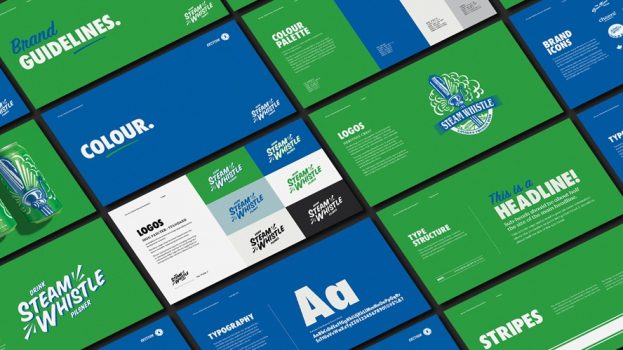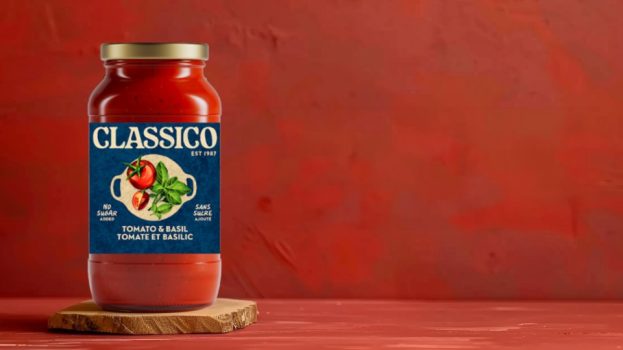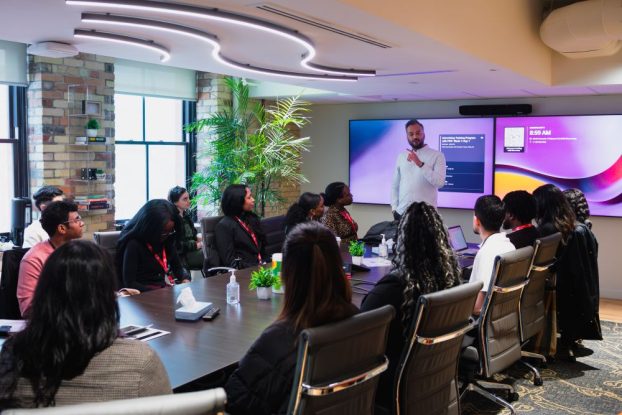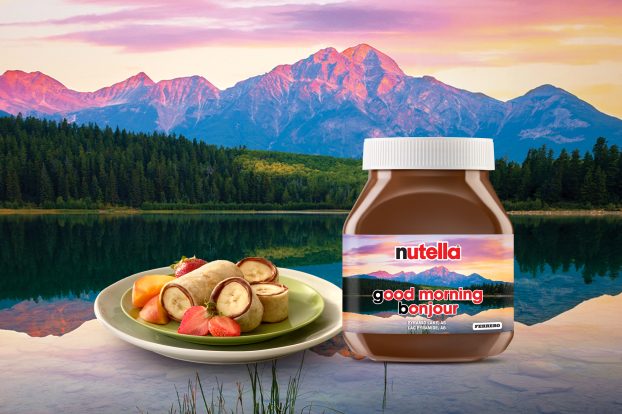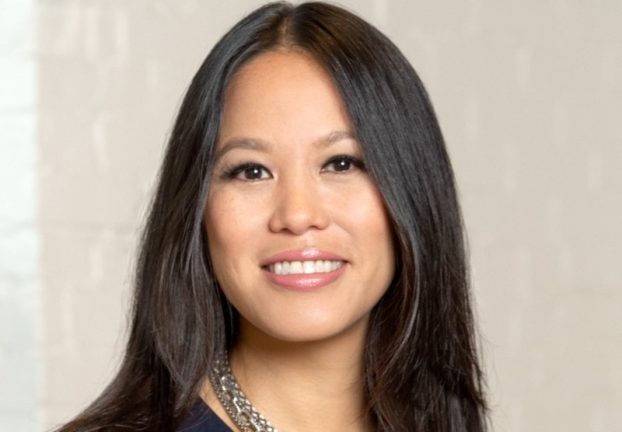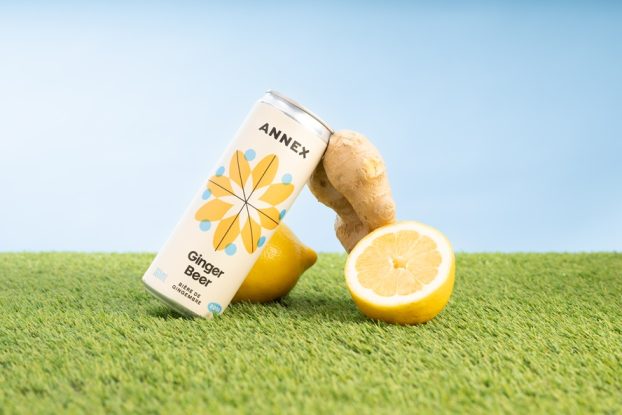This article appears in the October 2017 issue of strategy.
There was a time when “vegan accessories” might have conjured up images of hemp purses with questionable design.
But just as vegan food has evolved to suit more mainstream palates, so too has the fashion. Leading the trend in the Canadian market is Montreal brand Matt & Nat, which has proven itself popular beyond consumers on the hunt for ethical fashion.
Many Canadians likely know the brand from their trips to Indigo, where the vegan accessory maker’s handbags, totes, wallets and backpacks have adorned the bookseller’s shelves and website for the past five years.
But since establishing itself in Montreal in 1995, the brand is now standing out on its own, with dedicated retail spaces showing off its minimalist design aesthetic.
Matt & Nat opened its first standalone brick-and-mortar location in March 2016 at the CF Carrefour Laval in Quebec. At press time, it had grown to four locations, with a fifth set to open this fall in Montreal. That will be followed by two new Toronto stores in 2018, bringing it close to its ultimate goal of 10 stores across Canada. “We don’t want to open 40, 50 stores in Canada,” says president and CEO Manny Kohli. “We can, but this is not our vision.”
Rather than just driving sales, the strategy is for the stores to drive brand awareness, he says. Through its wholesale business, boutique retailers don’t buy its entire collection and it needed a forum to showcase its wares within a design curated by the brand: clean, minimalist and contemporary. “You pay $150 but the bag looks like $500,” Kohli says, summing up the appeal.
Since Kohli bought out his partner’s half of the business in 2013, Matt & Nat has focused heavily on its contemporary design aesthetic and growing into a lifestyle brand. Last year, it expanded into footwear, now offering a line of flats, boots and sneakers. Plans are in the works to expand its line of sunglasses and, in fall 2018, it will introduce soy candles, its first home products, Kohli says.
Matt & Nat’s sales have grown 400% since 2013, according to Kohli. Currently, 60% of sales come from Canada, with the remainder split evenly between the U.S. and international markets. He attributes that success to focused designs created specifically for its 19- to 40-year-old target.
Another change was to add an in-house photographer, a move he describes as one of his best decisions. “We shoot for social media pretty much every day,” he says, with Facebook and Instagram as the primary marketing channels.
There’s also a heavy focus on bloggers, sending products to influencers who fit with its ethical positioning. (Along with its commitment to cruelty-free products, the brand also moved to using recycled materials in the linings of its bags in 2007.)
Kohli says he’s also looking overseas for growth potential, including in India, where e-commerce is becoming popular and the brand’s vegan message resonates with urbanites.



